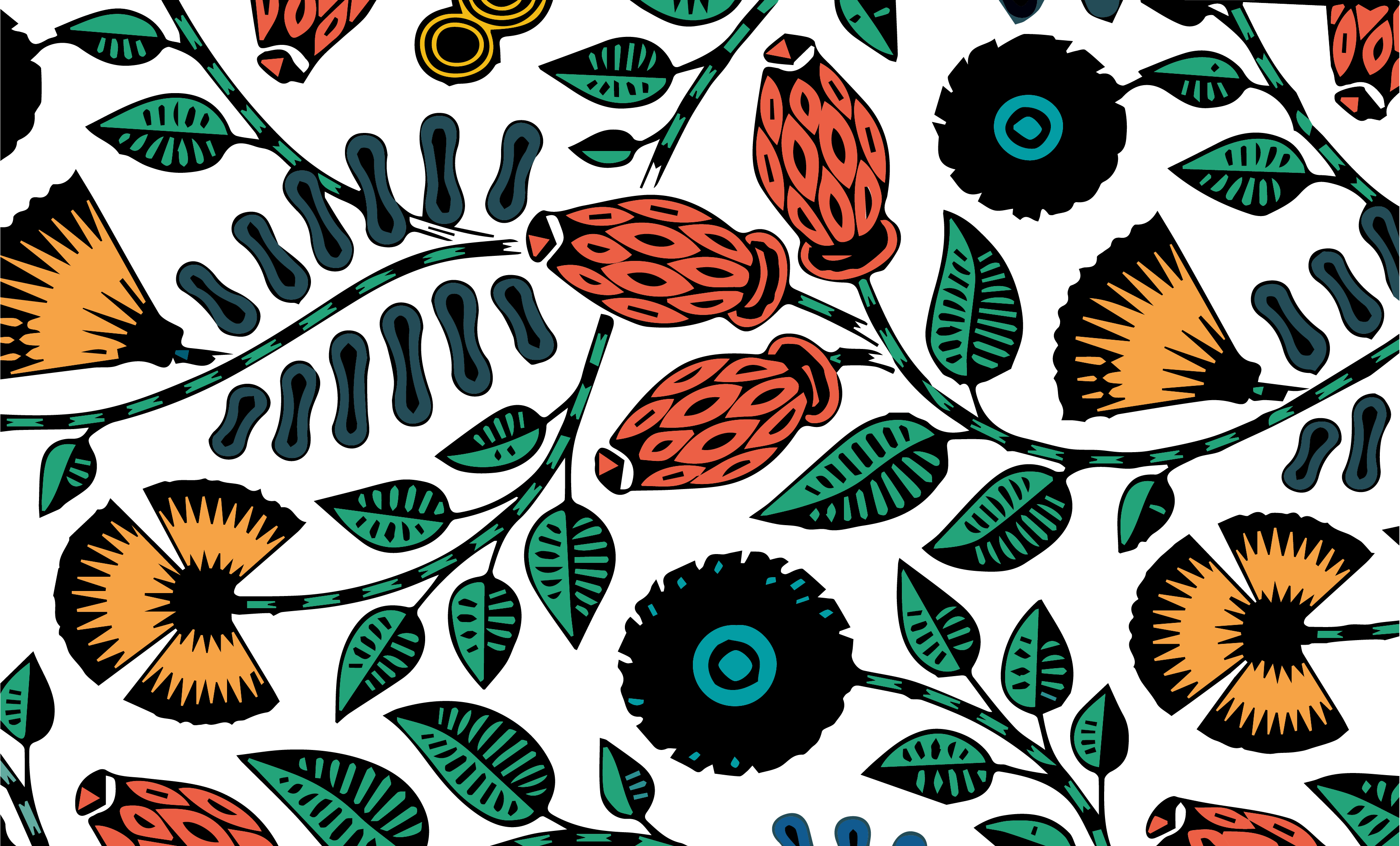Les Unités mixtes de recherche CeRMI et IREMAM, avec le soutien du GIS Moyen-Orient et Mondes Musulmans et de l’INaLCO, ont le plaisir de vous inviter à :
Atelier de recherche et de formation
Lire les sources en études aréales
L’apport des données biographiques pour l’histoire sociale et culturelle
du monde turko-iranien (IXe-XVIIIe s.)
Atelier 2: mardi 20 avril 2021: L’épigraphie et l’artisanat du monde iranien
Doctorants et étudiants de Master sont encouragés à participer
Inscription à la visioconférence : http://www.inalco.fr/webform/ateliers-sources-etudes-areales
La tradition historiographique en langue persane est particulièrement riche aux époques médiévale et moderne. L’histoire s’écrit la plupart du temps à la cour, souvent suite à la commande de mécènes dont certains sont issus de la dynastie régnante, et d’autres proviennent de milieux liés au pouvoir. L’historiographie produite dans ce contexte présente une version officielle de l’histoire, mais elle est loin d’être la seule : c’est à une autre historiographie, celle qui est produite dans un contexte non-officiel — en dehors de la cour et du siège du pouvoir, dans les régions périphériques, dans des contextes socio-professionnels et familiaux variés —, que nous entendons nous intéresser ici. Cette narration de l’histoire, souvent en complément et parfois en contradiction avec l’historiographie officielle, est perceptible sur une multitude de supports : textes des chroniques ou des histoires locales, recueils biographiques, documents d’archives, mais aussi inscriptions funéraires ou monumentales. Nous en espérons donner à voir la richesse lors des deux séances de cet atelier.
Responsables : Maria Szuppe (CNRS / CeRMI), Camille Rhoné-Quer (Université Aix-Marseille / IREMAM), Sacha Alsancakli (Université Sorbonne Nouvelle / CeRMI)
- Sacha Alsancakli (Université Sorbonne nouvelle, Paris / CeRMI): Prospects for training and research in France in the field of Turko-Iranian studies/ Perspectives de formation et de recherche en France dans le champ des études turco-iraniennes
- Ashirbek K. Muminov ( Research Centre for Islamic History, Art and Culture, IRCICA, Istanbul): Epitaphs of Muslim Scholars from Samarkand (10th to 14th c.)
- Viola Allegranzi ( Institut für Iranistik, Austrian Academy of Sciences, Vienna): Royal lineage in epigraphic sources from pre-Mongol Iran…
- Sandra Aube (CNRS, Paris /CeRMI): What Woodworks Divulge About Woodworkers: Some remarks on families of craftsmen … (Iran – Mazandaran , 15th c.)
Contacts: maria.szuppe[at]cnrs.fr / camille.rhone[at]univ-amu.fr
English below
Research and Training Workshop
Reading Sources in Area Studies
Contribution of biographical data for the social and cultural history
of Turko-Iranian societies (9th-18th c.)
Panel 2: Tuesday 20 April 2021
Epigraphy and craftsmanship in the Iranian world
PhD candidate students and advanced MA students are invited to apply for participation
To register to get the Zoom link :
http://www.inalco.fr/webform/ateliers-sources-etudes-areales
Historiographical tradition in the Persian language has been particularly abundant in the Mediaeval and Modern periods. Most often, history was recorded at court, often upon the order of patrons, some of whom belonged to the reigning dynasty, and others who came from circles close to power. The historiography produced in this context offers an official version of history, but it is far from being the only version. Here, we are interested in another kind of historiography, that produced in a non-official context, outside the court and away from the seat of power, in the peripheral regions, in various socio-professional and family contexts. This account of history, often a complement, sometimes in contradiction with official historiography, can be seen in a variety of forms: the texts of chronicles or local histories, biographical accounts, archive documents as well as architectural or funerary inscriptions. We hope to provide a glimpse of this wealth during the two workshop sessions.
Convenors : Maria Szuppe (CNRS / CeRMI), Camille Rhoné-Quer (Université Aix-Marseille / IREMAM), Sacha Alsancakli (Université Sorbonne Nouvelle / CeRMI)
-
- Sacha Alsancakli (Université Sorbonne nouvelle, Paris / CeRMI): Prospects for training and research in France in the field of Turko-Iranian studies/ Perspectives de formation et de recherche en France dans le champ des études turco-iraniennes
- Ashirbek K. Muminov ( Research Centre for Islamic History, Art and Culture, IRCICA, Istanbul): Epitaphs of Muslim Scholars from Samarkand (10th to 14th c.)
- Viola Allegranzi ( Institut für Iranistik, Austrian Academy of Sciences, Vienna): Royal lineage in epigraphic sources from pre-Mongol Iran…
- Sandra Aube (CNRS, Paris /CeRMI): What Woodworks Divulge About Woodworkers: Some remarks on families of craftsmen … (Iran – Mazandaran , 15th c.)
Full details and program: https://cermi.cnrs.fr/reading-sources-in-area-studies-contribution-of-biographical-data-for-the-social-and-cultural-history-of-turko-iranian-societies-9th-18th-c/
Contacts: maria.szuppe[at]cnrs.fr / camille.rhone[at]univ-amu.fr





